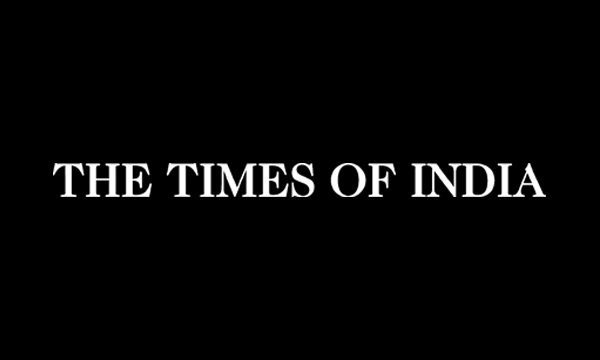
Britain’s leading economic thinktank has warned the government of the dangers of cutting education spending on students in sixth forms and further education colleges, after new analysis showed recent additional investment being all but eroded by inflation and growing student numbers.
As the Treasury attempts to balance the budget, government departments are on standby to identify spending cuts, but the Institute for Fiscal Studies (IFS) said any attempt to reduce spending in the 16-18 sector would “sit uncomfortably” with the government’s stated commitment to focus on skills and economic growth.
Spending on school sixth forms in England fell by 28% in real terms in the decade leading up to 2019-20, and by 14% in further education (FE) – a trend the government began to reverse in recent spending reviews, committing an additional £2.3bn by 2024-25 compared with 2019-20 in cash terms.
According to the IFS analysis, however, that investment has been eroded by soaring costs due to high inflation and increasing numbers of students in the post-16 sector, with an additional 160,000 expected in 2024 compared with 2019.
As a result, the IFS says the new funding only delivered a small amount of real-terms growth in spending per pupil – just 4% in colleges and under 2% in school sixth forms. Rising inflation, meanwhile, means spending per student in colleges in 2024-25 is about 11% lower in real terms than in 2010-11, and about 27% lower in school sixth forms.
There were also warnings about the deteriorating outlook for school funding in England. The Education Policy Institute (EPI) said under the current settlement, per-pupil funding in 2024 would be 3% lower in real terms (or £1.8bn less) than in 2010. That would equate to a £40,000 cut to the average primary school budget – the equivalent of one teacher’s salary – and £210,000 to a secondary school, equivalent to three or four teachers.
Natalie Perera, EPI chief executive, said addressing the pressures on school budgets should be a priority for the incoming prime minister, Rishi Sunak. “Schools are already having to address learning loss due to the pandemic, the impact of increased prevalence of poor mental health amongst young people and rising child poverty.
“Any government serious about social mobility, must avoid further real terms cuts in per-pupil spending and instead consider how additional resource can be most effectively targeted on the pupils who have fallen furthest behind.”
The IFS report concludes: “Cuts are likely to be extremely hard to deliver in colleges and sixth forms, which have already seen large cuts and where spending per student has still not returned to its 2010 levels. With higher levels of inflation and growth in student numbers, current plans imply a real-terms freeze in spending per student between now and 2024-25.
“Any reductions in spending plans would therefore imply a return to real-terms cuts in spending per student. Furthermore, a projected 2% rise in the student population between 2024 and 2026 will make it even more difficult to deliver falls in total spending after 2024.”
The IFS research economist Imran Tahir said: “Additional funding in recent spending reviews was meant to lead to a return to growth in spending per student. However, rapid rises in student numbers, and much higher than expected inflation, have quickly eaten into these spending plans.
“Under these circumstances, cutting planned spending in this sector would not be an easy option for a government looking to repair the public finances. It would also sit uncomfortably with a commitment to focusing on skills and economic growth.”
A spokesperson for the Department for Education said college funding for 2023-24 would be announced in due course, adding: “We are investing an extra £1.6bn in 16-19 education and training in 2024-25, compared [with] 2021-22. This includes an up-front cash boost which will see the rate of funding per student boosted by over 8% in 2022-23.”







